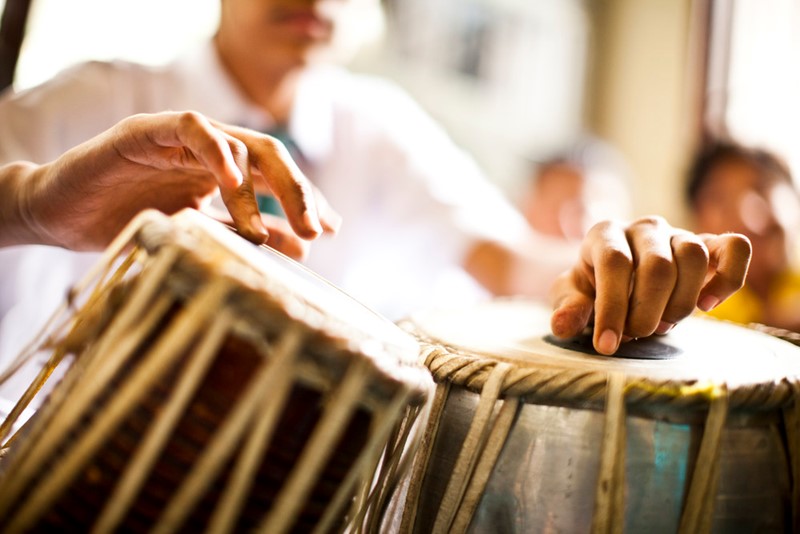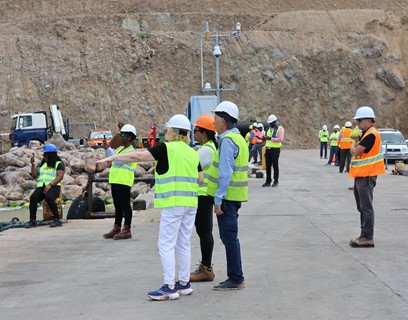
Kabul, 27 May—The Minister of Finance of the Islamic Republic of Afghanistan, Eklil Ahmad Hakimi and UNESCO Director-General Irina Bokova signed a partnership agreement to develop culture and creative industries in Afghanistan through a newly-established Multi-Partner Trust Fund, during a ceremony chaired by Ashraf Ghani, President of Afghanistan at the Presidential Palace in Kabul today.
Recognizing the power of culture as a driver of social and economic development, this long-term initiative entails a new National Programme of action that prioritizes culture in the country’s policies and strategies to create jobs and improve livelihoods and exports. The national programme seeks to harness cultural heritage and industries among Afghanistan’s core resources globally. It will focus on three priorities: (i) the safeguarding of cultural heritage, (ii) the development of a network of cultural centres across the country to foster heritage education and (iii) the promotion of creative industry for employability and job creation.
“This national policy bears witness to a strong mutual political will to place culture as a key driver of sustainable development. It provides the overdue long-term, strategic and comprehensive approach to bolster Afghanistan’s creative economy. Afghan design, music and high-quality products are known worldwide and their film industry is gaining international recognition – these are a source of jobs, and a source of pride. UNESCO is fully determined to support the Government of Afghanistan to make the most of this living heritage and growing creative economy,” said the Director-General.
“A nation is made by history and when you forget about your history, you forget about yourself as a nation. All afghans must be aware and proud of their own history and realize that the rich cultural heritage of this country is also connected to the economy. Culture is a source of revenues and skills and jobs, notably for women, in a stable and democratic Afghanistan.” declared President Ghani, announcing a programme to revive major historic monuments and Mosques across the country.
Ms Bokova further emphasized how the protection and promotion of Afghanistan’s rich cultural heritage celebrates the collective sovereignty of the nation, as owned and cherished by its people, while also providing economic opportunities for local communities. Cultural industries can be one of the most important sources of revenue for the country. While production in cities is growing, there is also a traditional basis for these industries in rural areas, where it has been, after agriculture, the most important economic activity—drawing in some areas 35% of the population. Developing countries’ share in the 212.8 billion dollars generated by the export of cultural goods in 2013 rose from 25.6% in 2004 to 46.7%, according to the UNESCO Report Re|shaping Cultural Policies.
The newly established multi-partner trust fund will support the implementation of the National Programme. “We call on all partners to contribute to this national effort, to carry forward Afghanistan’s long-term and wide-ranging agenda for culture and development” said Ms Bokova.
Afghanistan has taken the first step to support the fund with a $750,000 contribution. “We call on all partners to join with Afghanistan and contribute to this national effort, carrying forward the country’s long-term and wide-ranging agenda for culture and development,” said Ms Bokova.


